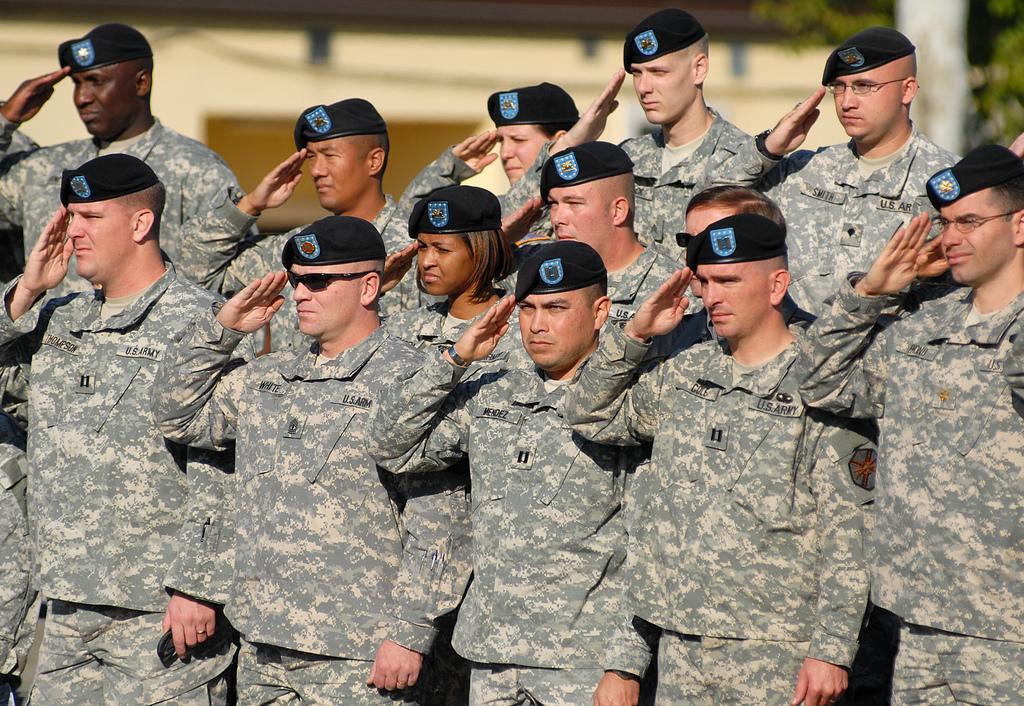Ahead of Veterans Day, coworking giant WeWork just rolled out to its Veterans in Residence program to eight more cities in the U.S. after an initial incubation in Denver and Austin.
Philadelphia is on the list of new markets where the program will be offered, alongside Washington, D.C. and New York.
The setup was born out of a partnership with nonprofit Bunker Labs, which provides support for veteran entrepreneurs. It will give vets six months of free office space in dedicated spaces, access to events programming and connections to the broader WeWork community.
Per the coworking camp, the aim is to bring new national cohorts of 100 veterans into the program every six month, in the hopes of reaching 1,000 veterans over the next five years. There’s also a discount involved: veteran businesses with ten or more employees get 25 percent off their first 12 months of membership at WeWork offices.
WeWork CEO Adam Neumann said the initiative was aimed at supporting vets veterans with the space, skills, and community they need to “find their tribe and create their life’s work.”
In Philly, vets will get access to space at the company’s 1601 Market St. location.
ApplyFor Joe Witte, executive director of Bunker Labs’ the program will add value to Philly veteran entrepreneurs.
“Starting business is a significant challenge for anyone, but especially veterans who come out of the service and often are just starting to build their network, and may not have the revenue to invest in space just yet,” said Witte. “WeWork is helping to solve these challenges by providing free and discounted space for veterans, where these amazing leaders can be surrounded by other startups.”
Philly veteran and entrepreneur James Ostman, cofounder of Ballistic Cordon Systems, said programs like WeWork’s and Bunker Labs help ease the shift toward civilian life for those previously in the service. Guidance, the Drexel grad said, is key.
“There’s a myriad of vets who, amid their transition, are discovering a whole world that’s different than what they know in the military,” Ostman said. “They see an open spectrum of freedom of action that can be paralyzing without the right guidance.”







